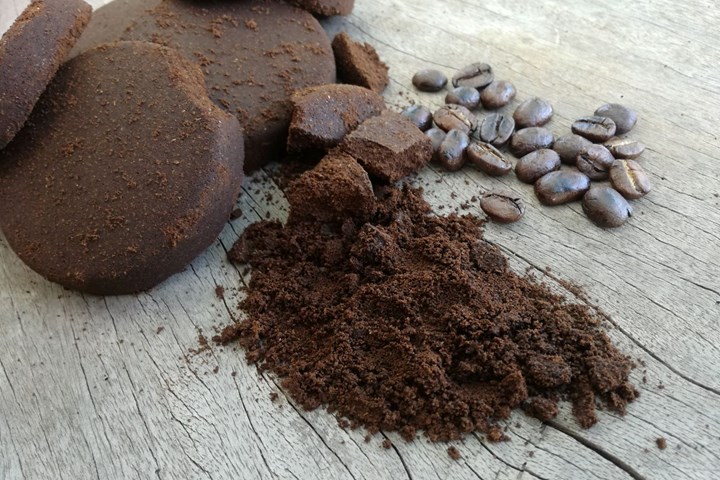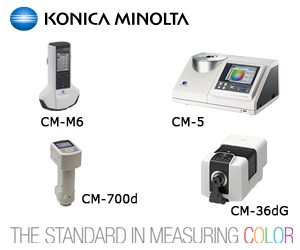Biobased Polyolefin Compounds with Biobased Resin and/or Filler
Avient has expanded its Maxxam BIO line with grades that utilize natural fillers such as cellulose fiber or recycled coffee grounds.

A portfolio of polyolefin compounds that use biobased resin and/or filler is being expanded by Avient. The company’s Maxxam BIO biobased portfolio, launched at the 2022 K Show, now include grades that utilize up to 40% filler from cellulose fiber or recycled coffee grounds. They can be based on either prime or biobased resin. Incorporating a biobased resin with a natural filler further enhances sustainability and reduces product carbon footprint compared to fossil feedstock alternatives. They are targeted to applications such as automotive interiors decorative parts, trunk side liners, pillars, and T-cup holders), as well as consumers products such as table and kitchenware, household good, and packaging caps and closures.
Aside from sustainability benefits, utilizing biobased fillers improves lightweighting compared to polymers traditionally filled with talc, calcium carbonate, or glass fiber. Both Maxxam Bio cellulose and coffee-filled polyolefin grades reportedly have good gloss and surface finish. Coffee-filled grades offer unique differentiation through visual appearance, and cellulose-filled grades are easy to color and show improved mechanical properties compared to mineral-filled alternatives. Depending on customer requirements, these formulations can be customized to provide additional performance characteristics such as scratch, UV, and mold/fungi/bacteria resistance.
Related Content
-
Best Methods of Molding Undercuts
Producing plastics parts with undercuts presents distinct challenges for molders.
-
Solve Four Common Problems in PET Stretch-Blow Molding
Here’s a quick guide to fixing four nettlesome problems in processing PET bottles.
-
How to Optimize Injection Molding of PHA and PHA/PLA Blends
Here are processing guidelines aimed at both getting the PHA resin into the process without degrading it, and reducing residence time at melt temperatures.











 (2).jpg;maxWidth=300;quality=90)

